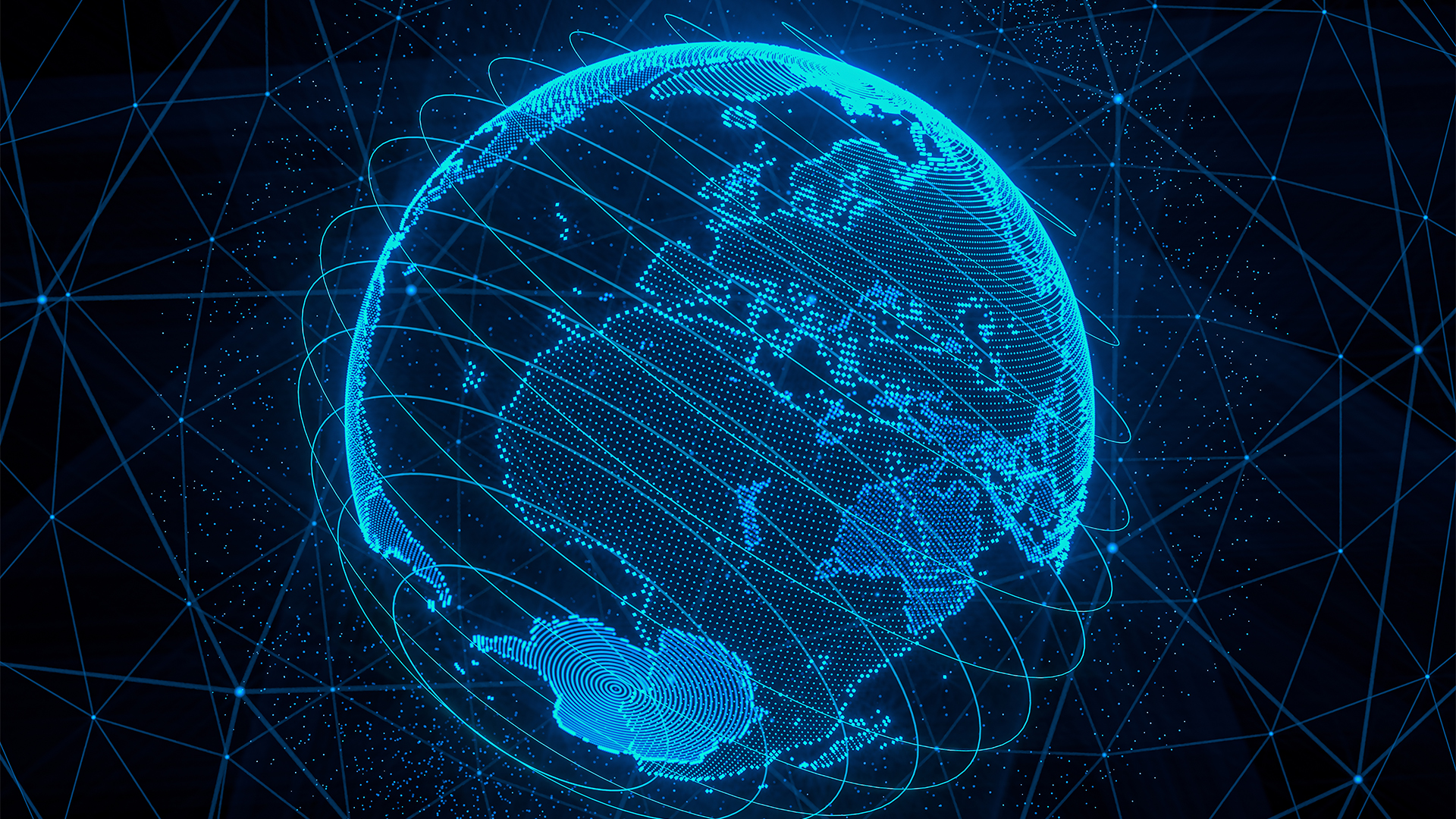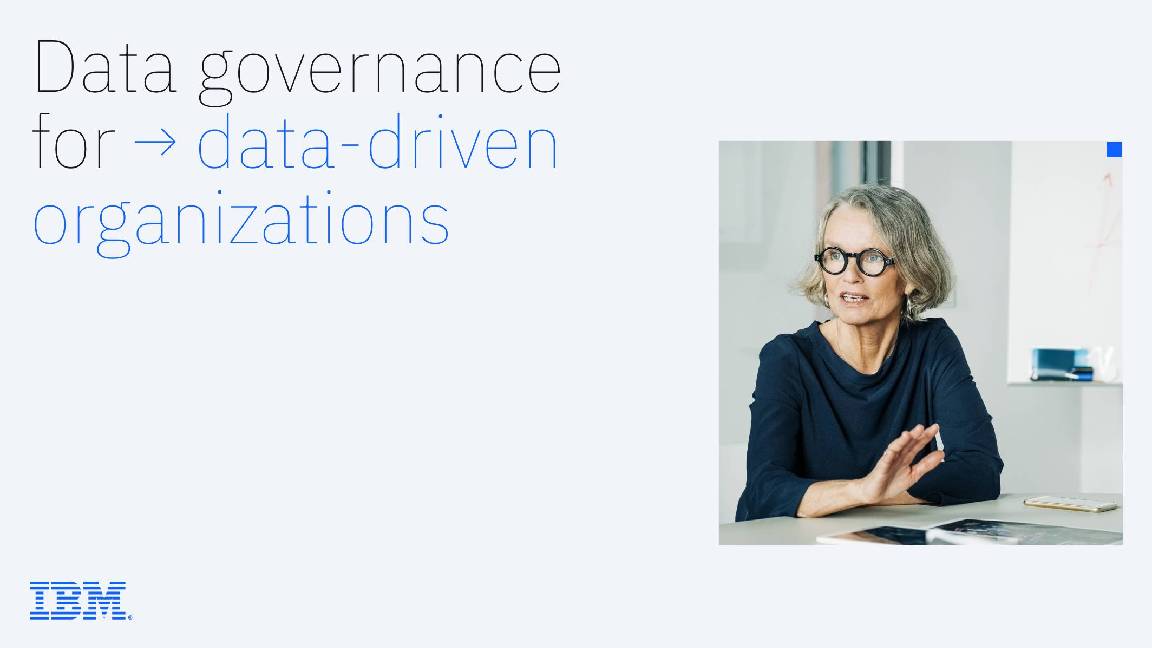New international AI treaty is a "welcomed step" to improving safety, reducing potential harms
The new framework agreement is designed to strengthen safeguards against risks to human rights, democracy and the rule of law


The UK, EU, US and other countries have signed the first international, legally-binding treaty on the safe use of AI in a move aimed at encouraging innovation while mitigating potential risks to human rights.
The new framework agreed by the Council of Europe commits them to collective action to manage AI products and protect the public from potential misuse. There are safeguards, for example, against the spread of misinformation and the use of biased data which could prejudice decisions.
"We must ensure that the rise of AI upholds our standards, rather than undermining them,” said Council of Europe secretary general Marija Pejčinović Burić.
“The Framework Convention is designed to ensure just that. It is a strong and balanced text - the result of the open and inclusive approach by which it was drafted and which ensured that it benefits from multiple and expert perspectives.
"The Framework Convention is an open treaty with a potentially global reach. I hope that these will be the first of many signatures and that they will be followed quickly by ratifications, so that the treaty can enter into force as soon as possible."
Under the treaty, signatory nations will monitor AI development and make sure it's managed within strict parameters, with provisions to protect the public and their data, human rights, democracy, and the rule of law.
They must make sure people’s data is used appropriately, their privacy is respected, and AI does not discriminate against them; protect democracy by ensuring public institutions and processes aren't undermined; and protect the rule of law by regulating AI-specific risks and taking action against any activities which fall outside of these parameters.
Get the ITPro daily newsletter
Sign up today and you will receive a free copy of our Future Focus 2025 report - the leading guidance on AI, cybersecurity and other IT challenges as per 700+ senior executives
"AI holds the potential to be the driving force behind new economic growth, a productivity revolution and true transformation in our public services, but that ambition can only be achieved if people have faith and trust in the innovations which will bring about that change," said UK secretary of state for Science, Innovation and Technology, Peter Kyle.
"The Convention we’ve signed today alongside global partners will be key to that effort. Once in force, it will further enhance protections for human rights, rule of law and democracy, – strengthening our own domestic approach to the technology while furthering the global cause of safe, secure, and responsible AI."
AI treaty welcomed by UK industry stakeholders
The announcement, made last week, has been welcomed as a positive step toward ensuring more robust safeguards against AI-related harms.
Ivana Bartoletti, global chief privacy and AI governance officer at Wipro, said the treaty will help bolster public trust as deployment of the technology continues to gather pace across both the public and private sectors.
"AI has often undermined democracy, perpetuated existing inequalities through automated decision-making, and excluded individuals from essential services due to biases,” she said. “Encoding inequality into AI is not the path forward. Instead, prioritizing human rights is essential."
Similarly, Nicole Eagan, chief strategy and AI officer at Darktrace, also welcomed the announcement, adding that it will help deliver a more aligned global approach to AI safety.
RELATED WHITEPAPER

"The decision of the US, EU and UK to sign the first legally binding international AI treaty is a welcome step in bringing a more global and cohesive approach to AI governance,” she said.
“Building safe and responsible AI means designing in security, privacy, and interpretability from the outset and building safeguards at every step."
The treaty now needs to be ratified, and will come into force three months later.
Emma Woollacott is a freelance journalist writing for publications including the BBC, Private Eye, Forbes, Raconteur and specialist technology titles.
-
 Bigger salaries, more burnout: Is the CISO role in crisis?
Bigger salaries, more burnout: Is the CISO role in crisis?In-depth CISOs are more stressed than ever before – but why is this and what can be done?
By Kate O'Flaherty Published
-
 Cheap cyber crime kits can be bought on the dark web for less than $25
Cheap cyber crime kits can be bought on the dark web for less than $25News Research from NordVPN shows phishing kits are now widely available on the dark web and via messaging apps like Telegram, and are often selling for less than $25.
By Emma Woollacott Published